Only 10% of families have enough food and water for a week, despite advice from Tim MacWelch. More than 90% of people are not ready for emergencies lasting longer than 72 hours1. Hurricanes bring heavy rains, strong winds, and floods, affecting areas far from the coast for weeks2.
This shows how important survival skills and emergency plans are. Hurricanes can hit inland communities, posing big risks.
It’s vital for everyone to be ready for hurricanes. This means having a solid emergency plan and knowing when a storm is coming. But, 25% of coastal residents don’t leave when a hurricane is near, which is very dangerous2.
Preparing for a hurricane is more than just getting supplies. It’s about knowing your environment and the dangers it holds.
So, it’s time to improve your survival skills. Make sure you’re ready for any life-threatening situation. The best time to prepare is before the storm hits.
Key Takeaways
- Only 10% of families prepare adequately for emergencies by stockpiling food and water.
- Understanding your hurricane risk extends beyond the coast; storms can affect inland areas.
- Recognizing the importance of emergency plans enhances your ability to respond effectively.
- Many individuals overlook the necessity of battery-powered radios for weather updates.
- Preparation should include knowing evacuation routes, as 25% of coastal residents fail to evacuate during storms.
- Survival skills can save lives; everyone should understand how to act before, during, and after a hurricane.
Understanding the Basics of Hurricanes
Hurricanes are among the most devastating and costly natural disasters. They are known for their intense winds and rain. It’s crucial for people living in hurricane-prone areas to understand these storms.
Hurricanes form over warm ocean waters, between 5° and 20° latitude. This is where conditions are right for thunderstorms to grow into a system.
Storm surge is a major danger from hurricanes. It’s often the top cause of deaths from these storms in the U.S3.. Storm surge can flood coastal areas suddenly and severely. It’s important to leave quickly if ordered to evacuate.
Hurricanes can also affect areas far from the coast. Strong winds and heavy rain can cause flooding and damage inland.
Hurricanes are classified by their wind speeds. The Saffir-Simpson scale goes from Category 1 (least severe) to Category 5 (most severe). Keeping an eye on these storms is key. You can track them through weather reports and apps.
The FEMA app, for example, sends real-time alerts from the National Weather Service for up to five locations nationwide3.
Being aware and prepared is key when facing hurricanes. Getting ready before the storm and taking the right steps after it can save lives and property4. Taking steps like cleaning drains and gutters can also help protect homes3.
The Importance of Emergency Preparedness
Emergency preparedness is key to reducing risks from hurricanes. It saves lives and protects property. People with these skills can deal with sudden issues like blackouts or fires during hurricanes5.
Knowing how to save water or food in disasters is crucial. It can greatly improve chances of survival5.
Knowing CPR is vital, as it helps in sudden cardiac arrest cases6. Skills in treating trauma and stopping bleeding are also critical. They can save lives in severe injuries6.
Skills like purifying water and navigating without tech are also important. They prepare people for emergencies6.
Building a shelter and starting a fire are essential. They provide warmth and protection, and create a sense of security6.
Signaling methods are also crucial. They help in communication and can guide rescuers to those in need6.
Being prepared and learning survival skills are vital. They help manage disasters better. For more information, check out survival skills training.
Make an Emergency Plan
Creating a strong emergency plan is key for family safety during hurricanes or disasters. Make sure everyone in your home knows their role and what to do. This helps your family work together better in emergencies7.
Think about the specific dangers in your area, like hurricanes. Know the best routes to leave and where to go if you need to7.
Practice leaving your home twice a year to get better at disaster planning7. Also, pick someone outside your area to contact in emergencies. This is helpful if you can’t reach each other7.
Make sure your plan includes pets and people with special needs. Find places that allow pets on your evacuation route. Also, think about how to help older adults and kids7.
Having a clear plan and practicing it is crucial. It helps keep everyone safe and informed during emergencies.
For more help on making a detailed emergency plan, check out this helpful resource. It offers lots of advice and tips.
Know Your Hurricane Risk
It’s key to know your hurricane risk to be ready. Your location, the land around you, and how close you are to the sea matter a lot. Places like Florida, Texas, Louisiana, and the Carolinas are at higher risk. So, it’s important for people living there to understand their risk well8.
Local officials, like FEMA, have maps that show where to evacuate and where storms are likely to hit. It’s good for everyone to know these maps. This helps them understand their own risk and get ready better.
In the 2024 Atlantic hurricane season, NOAA predicts up to 25 storms. This includes 13 hurricanes, with 7 possibly being category 3 or higher8. Climate change is making these storms more frequent and intense8.
Also, hurricanes are a big reason for weather-related deaths and injuries in the U.S. Knowing your risk is crucial. It helps people make smart choices when severe weather hits, keeping them safer.
Survival Skills for Hurricane Situations
In hurricane situations, knowing survival skills is key to staying safe. Learning CPR is crucial. It gives you the confidence to help someone in a medical emergency9. Knowing how to handle wounds is also important, as they can cause a lot of blood loss9.
Water safety is vital, as drowning can happen fast in flooded areas. Learning to stay safe in water can prevent emergencies9. Building a shelter is also important. It keeps you warm, protects you from the elements, and keeps predators away9.
Knowing how to find food and hunt is essential. It helps you avoid dangerous situations and survive9. Being able to navigate without technology is also important. It lets you find your way using a map and compass9.
Knowing how to signal for help is crucial. Using mirrors or smoke signals can alert rescuers in emergencies9. Learning to tie knots can also help. It aids in building shelters and creating tools9.
Staying calm in emergencies is important. Being able to make good decisions can save lives. These skills not only help in hurricanes but also in other emergencies4.
Preparation is everything. Spend time learning these survival skills to be ready for any crisis. The Red Cross offers resources on the skills you need. Learn more about these essential survival skills here.
Recognizing Warnings and Alerts
Knowing the importance of hurricane warnings is key to staying safe during storms. It’s vital to keep up with different alerts to be better prepared. Alert systems like the Emergency Alert System (EAS) and Wireless Emergency Alerts (WEA) send out urgent messages about hurricanes.
These systems quickly spread information to communities. This ensures everyone knows about the dangers coming their way.
Using technology is a must. The FEMA app and local alert systems give updates on weather alerts. This lets people act fast. When you get an alert, it’s important to act quickly. Delaying can increase risks.
Visual signals like flares and lights are good backup options in emergencies. For more on signaling during crises, check this resource on emergency signaling methods.
It’s important to know the different types of alerts. Listening to local news and checking weather alerts on radios or phones keeps you informed. Knowing the difference between regular weather updates and hurricane warnings can save lives. Being ready to recognize and respond to these alerts helps keep communities safe during hurricane seasons101112.

Gathering Essential Supplies
Getting ready for a hurricane is key. You need essential supplies to get through tough times when things run out. Start with a preparedness kit that fits your needs. Include non-perishable food, clean water, and first aid items. A good preparedness kit can help you stay safe during disasters.
Here are important things to add to your emergency supplies:
- Food: Choose items that last long, like canned goods and dried fruits.
- Water: Have at least one gallon per person daily for three days.
- First Aid Kit: A good kit can handle minor injuries.
- Medications: Include both prescription and over-the-counter medicines you need.
- Pet Supplies: Don’t forget food and essentials for your pets.
It’s important to check your survival gear often. Replace items when they expire to keep them working in emergencies. Studies show that 85% of outdoor adventurers who plan well have safer, more fun trips than those who don’t13.
Make your preparedness kit your own. Remember, when a hurricane hits, you might not be able to get more supplies. It’s crucial to have practical, easy-to-find emergency supplies for survival. For tips on making a great preparedness kit, check out online guides here14.
Evacuation Planning and Routes
Effective evacuation planning is key during a hurricane to stay safe. It starts with finding safe routes for emergencies. Emergency management uses many strategies, showing the need for good planning everywhere.
CPG 101 is a great guide for making and keeping emergency plans15.
When planning evacuations, picking several routes is crucial. Big highways get crowded in disasters, so other paths are important16. It’s good to map out car and walking paths, including trails and side roads, to be ready to move well.
Families should pick a meeting spot that’s easy to find and do drills often. This gets everyone ready before a disaster hits. Knowing where to go, like a relative’s house or a shelter, makes evacuating smoother and less confusing16.
Planning for emergency exits means checking if local governments and communities are ready for evacuations. Knowing these resources helps make better choices in emergencies. Check out Ready.gov’s evacuation planning section to improve your evacuation plans.
Finally, making a Survival or Bug Out Bag with key survival items is a good idea. This should match the threats and emergencies you might face. By being proactive and regularly checking emergency plans, families can stay safe in uncertain times15.
What to Do During a Hurricane
Knowing how to stay safe during a hurricane is key. Stay inside and away from windows and glass doors to avoid debris and broken glass4. Use a battery-powered radio for updates on the storm and safety tips4, learn more about emergency communication. Keep your phone charged and have backup chargers ready for when the weather gets bad3.
Be ready for power outages. Generators can help, but use them safely. Make sure they are grounded to avoid electrical shock4. Never use generators indoors, as they can produce harmful carbon monoxide4. Always have a working carbon monoxide detector at home.
After the storm, be careful when checking your surroundings. Fix any broken windows to prevent further damage4. Don’t touch downed power lines or stand in water, as it could be charged4. Wait for official clearance before returning home. Keep track of damaged items for insurance claims4
Helping your community is important. Check on neighbors, especially the elderly or those with disabilities, during and after the storm3. Keep important documents in a safe, password-protected spot for easy access3.
Preparing Your Home for Hurricane Conditions
Preparing your home for hurricanes is key. Start by making your property secure. Reinforce windows and doors to protect against strong winds and debris.
Installing storm shutters or boarding up windows can help. This prevents glass from breaking. Also, make sure your roof is hurricane-proof. Use materials that can handle strong winds and heavy rains.
Check your outdoor space next. Clear gutters and drains to avoid flooding. Move outdoor items like furniture and decor inside or secure them outside.
If you can, move these items to higher ground. This reduces the risk of water damage. Preparing early helps protect your belongings.
Have the right tools and supplies ready for repairs. You’ll need tarps, nails, and a strong hammer. A 5,500-watt generator can power your home for about 8 hours on 5 gallons of gas17.
Flood insurance is very important. Most homeowner policies don’t cover flood damage18. An inch of water can cause over $25,000 in damage18. Make sure you understand your insurance to protect your property.
Knowing your area’s hurricane risk is crucial. Almost a third of hurricanes are major, bringing dangerous winds and flooding19. Be ready to leave quickly. Know your evacuation routes and local plans18.
Reach out to neighbors and community members. Working together makes your area stronger against storms. This guidehere helps families stay safe during bad weather.
Conclusion
Knowing how to survive a hurricane is key for safety. Learning skills like building shelters and finding water is crucial. These skills help people face emergencies with confidence2021.
Being open to learning and growing helps too. It makes people ready for any crisis. This boosts both personal and community strength in tough times2021.
Being proactive is important. Knowing local resources and joining community programs helps a lot. It makes everyone feel part of a team20.
Working together makes a big difference. It helps everyone survive and bounce back from disasters. Sharing info with neighbors builds a support network20.
Understanding hurricanes and how to prepare is vital. Having a strong mindset helps manage fear. It ensures people make smart choices, ready for whatever nature brings21.
FAQ
What should I include in my emergency preparedness kit for hurricanes?
Your emergency kit should have non-perishable food, water, and a first aid kit. Don’t forget necessary medications, flashlights, batteries, and supplies for pets. Make sure your kit fits your family’s needs.
How can I assess my specific hurricane risks?
Check your hurricane risks by looking at your location and how close you are to the coast. Also, consider your area’s topography and local evacuation zones. FEMA can help you understand your risk level.
What are the key components of an effective emergency plan?
A good emergency plan has clear communication and roles for everyone. It should include evacuation routes and plans for pets or those with disabilities. Practice the plan with your family regularly.
How can I keep updated on hurricane warnings and alerts?
Stay updated with hurricane warnings by using the FEMA app and local news. Also, sign up for community alerts. Pay attention to alerts from the Emergency Alert System (EAS) and Wireless Emergency Alerts (WEA).
What actions should I take during an active hurricane?
During a hurricane, stay inside and away from windows. Use battery-powered radios for updates. Know when it’s safe to leave and follow safety tips for generators and food.
How can I prepare my home to withstand a hurricane?
To prepare your home, secure windows and clear gutters. Bring in outdoor items and fix any weak spots on your home. Have tools ready for repairs after the storm.
What is the importance of having a solid evacuation plan?
A good evacuation plan keeps your family safe. Find safe routes, practice the plan, and know where to stay. Knowing your local government’s emergency plans is also key.
Source Links
- How to Survive a Hurricane and Other Natural Disasters
- How to Survive a Hurricane: Hurricane Safety Tips
- Hurricanes | Ready.gov
- Hurricane Survival Guide: What to Do During and After the Storm | Travelers Insurance
- Know the skills for your situation – Scouting magazine
- 11 Survival Skills That Could Save Your Life | Red Cross
- Disaster Preparedness Plan
- Hurricane Preparedness Guide
- 11 Survival Skills That Could Save Your Life | Red Cross
- Decoding Wildlife Behavior: These 12 Signs Will Save Your Life
- What is Situational Awareness? Learn Its Importance in Threat Response
- Early Warning Systems
- 10 essential outdoor survival tips | Nuvance Health
- Wilderness Survival Skills Survival skills and bushcraft for the modern survivalist
- Planning Considerations: Evacuation and Shelter-in-Place – Guidance for State, Local, Tribal and Territorial Partners
- Evacuation plan – Planning to bug out during an emergency
- 21 Tips to Prepare Your Home for a Natural Disaster
- Hurricane Preparedness | Texas General Land Office
- Eye for an Eye: Hurricane Preparedness & Survival
- Conclusion and Next Steps in Your Survival Journey – Survival Mastery: Be Ready, Stay Safe
- Survival Skills Every Tactical Enthusiast Should Know • Chase Tactical

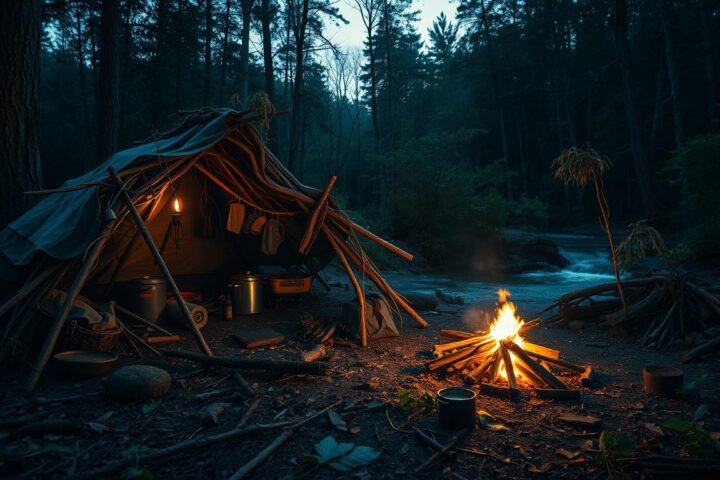
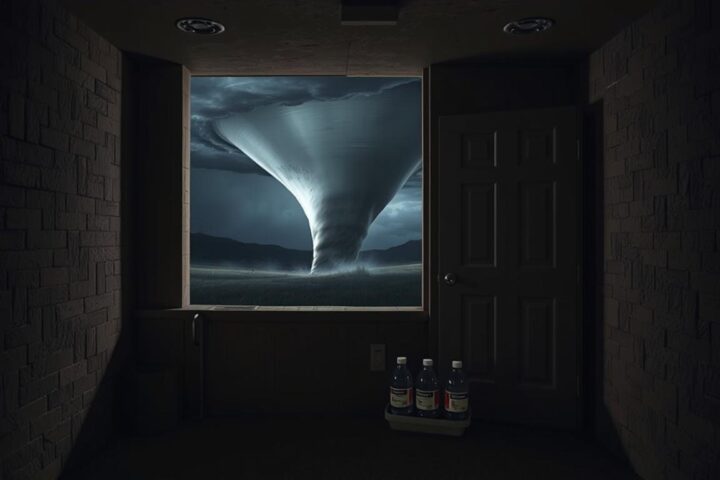

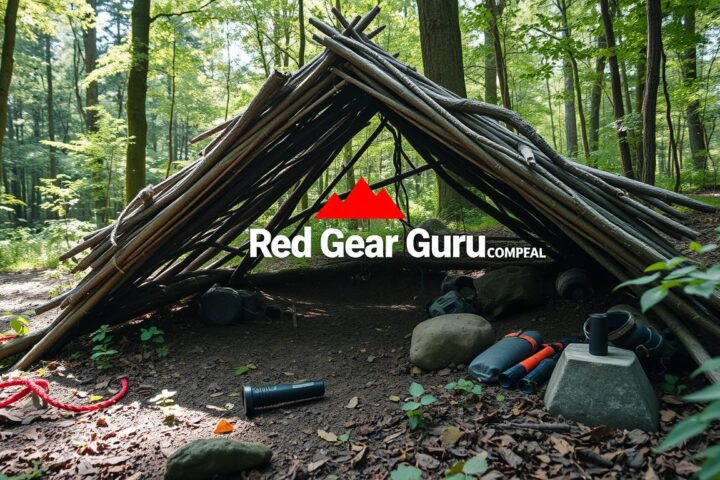
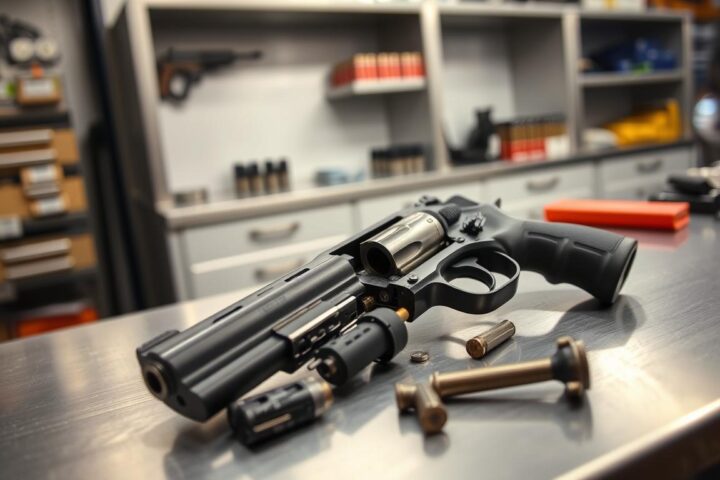



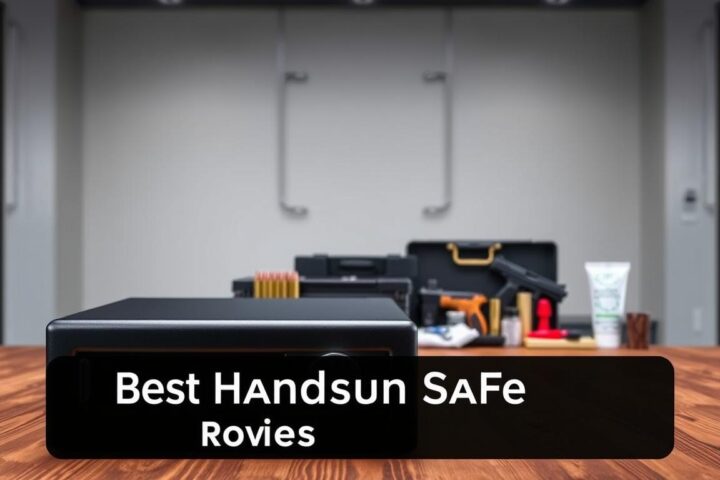







9f0cpz